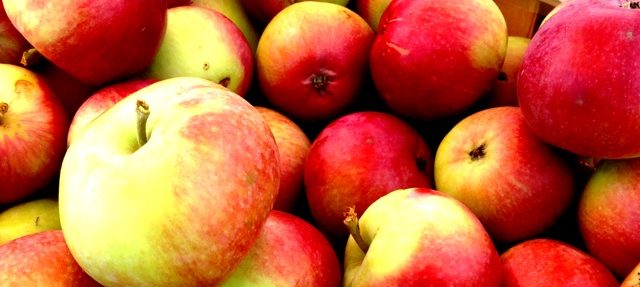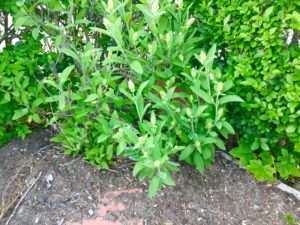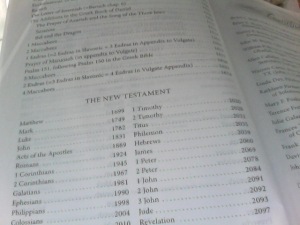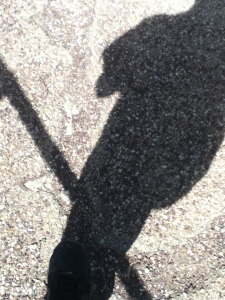A few years back, some misguided souls saw in the devastation of Katrina the judgement of God. Such storms are not the punishment meted out to the wicked: they are natural disasters that cost the health and lives of God’s beloved children. The difference between the acts of God and devastating storms: what God sends shakes us to our core so that we and our neighbors might live deeper, holier lives. It’s the difference between what gives life and what brings only death. Only our prayers and help should be visited upon anyone caught in any hurricane.
The wind rattles the windows as I write, as it has for the past two days. Rain and fog clothe even the most familiar fences and shrubs in mystery. This old familiar world is a stranger at such times – a storm gift that comes with flickering lights and downed tree limbs.
My son and I went for a storm walk Tuesday- something we’ve done for most of his life when the chance presents itself. This time, we ended up on the pier at Besse Park. High winds and high tide had the water dancing. Stoplights and street lights threw paths of moving light across the water to where we stood. Wind tugged at my clothes. Other than a couple walking their dog, we had the streets of town to ourselves. Even in the middle of this old town, on the edge of a storm no longer a hurricane, the power of wind and rain cannot be denied. Wild beyond any human control or understanding, even with Doppler radar technology.
The storm shakes everything, revealing what sits on a firm foundation and what does not. Dry branches fall, lightweight objects skitter across the yard, and plants without deep roots are upended. What is firmly rooted, what has a solid foundation, holds firm.
I’m not surprised that the Spirit comes like the wind. It shakes my complacent faith and forces me to see what is solid and what is not. It is a wild rushing, something I can’t control. The best I can do: take a walk of faith through it.
Suddenly, a sound like a mighty rushing wind came from heaven and filled the whole house where they were sitting. Acts 2:2







